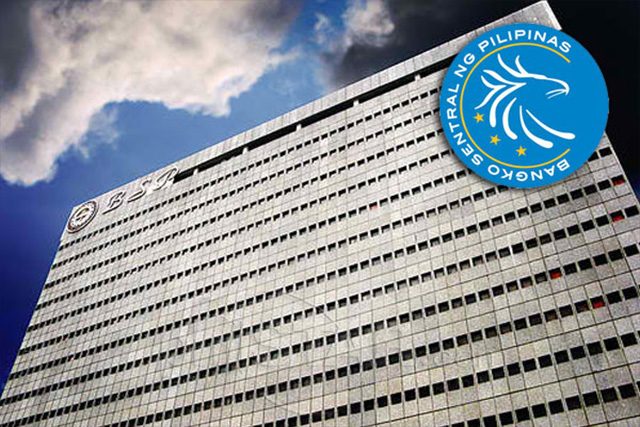MANILA – The Philippine central bank’s policy-making Monetary Board (MB) kept its 3.2 percent average inflation forecast for 2017 and 2019 but hiked the 2018 projection to 3.4 percent due partly to the sustained rise of oil prices and an expected rise in domestic liquidity.
In a briefing Thursday, Bangko Sentral ng Pilipinas (BSP) Deputy Governor Diwa Guinigundo said peso depreciation and the higher-than-expected rise of inflation rate last September and October are additional factors for the uptick in inflation projection for next year.
He said oil prices in the international market are expected to rise further, since even countries that are not members of the Organization of the Petroleum Exporting Countries (OPEC) are considering cutting their production.
Geopolitical tensions, as well as the decline in the commercial crude stock, are also seen to push oil prices higher.
The growth of domestic liquidity or M3 is expected to remain strong at around 13-14 percent on average for 2018-19 due to strong domestic credit growth as required by the domestic expansion.
“An increase in domestic liquidity could pose some pressure on prices… but will continue to be manageable,” the central bank official said.
Preliminary BSP data show that M3 rose by 14.5 percent year-on-year last September, slower than the 15.4 percent rise in the previous month, as bank loans continue to rise.
Guinigundo said the 13-14 percent M3 growth remains appropriate, saying, “there is an allowance for financial deepening in the economy.
He also said M3 growth is not expected to increase to over 20 percent just like a few years back, which was the reason for the hikes in the BSP’s key rates in 2014.
Also, inflation has risen to 3.4 percent and then to 3.5 percent last September and October from last August’s 3.1 percent.
The sustained hikes in inflation were due partly to the rise in oil prices and Guinigundo said rising rate of price increases has “inertial impact going forward.”
As of end-October this year, inflation averaged at 3.2 percent.








